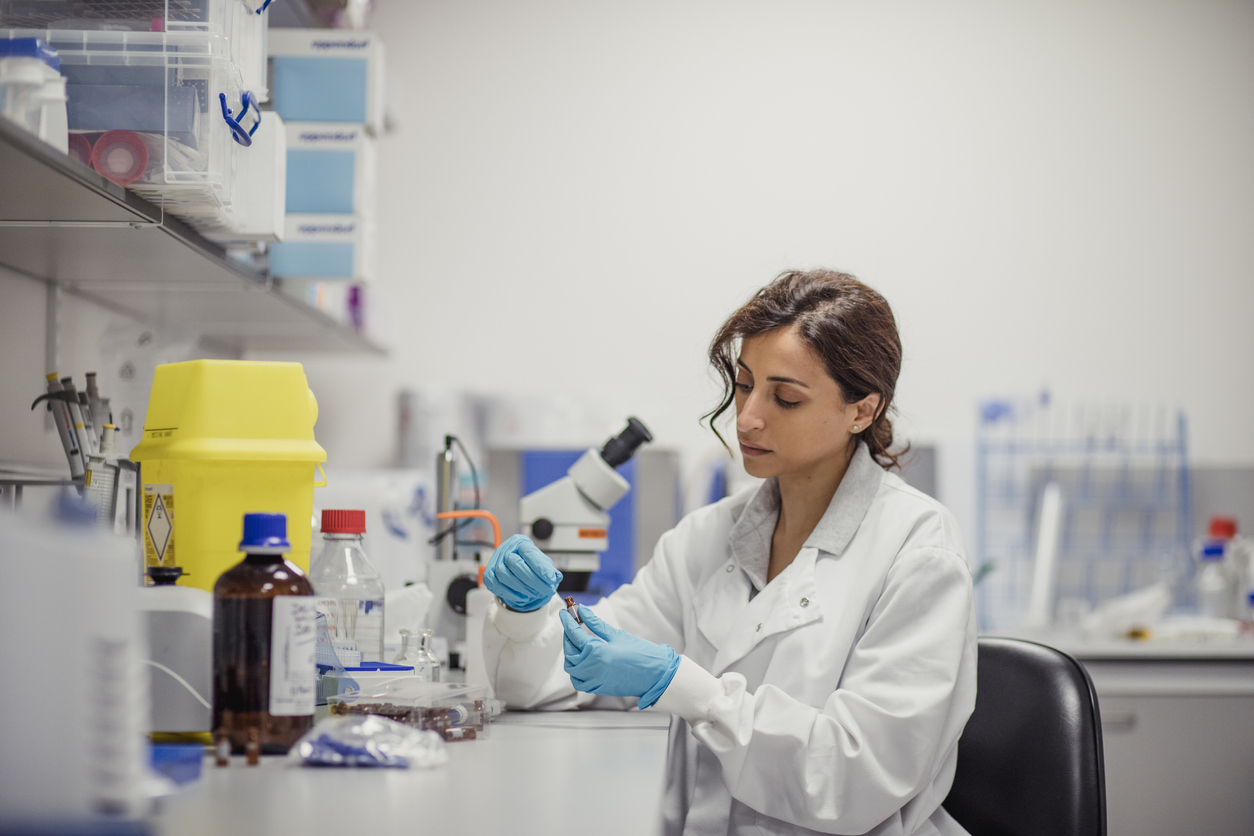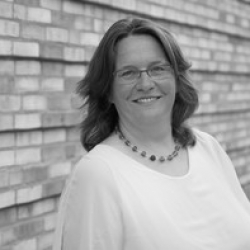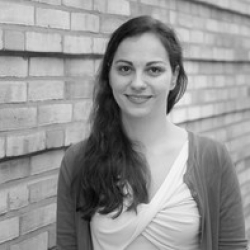
Heinrichs Lab
Molecular Mechanisms of Stem Cell Expansion
Molecular Pathogenesis of Myelodysplastic Syndromes (MDS)
Genetic Engineering of Natural Killer (NK) Cells for Immunotherapy
Our lab mainly focuses on the molecular pathogenesis of myelodysplastic syndromes (MDS). A major goal of the group is the identification of new disease-associated genes or pathways that transform normal hematopoietic stem or progenitor cells into MDS stem cells.
We newly identified the cell cycle regulator MYBL2 as gene dosage-dependent tumor suppressor in MDS. Downregulation of MYBL2, identified in a large subset of MDS patients, confers a strong advantage to hematopoietic stem and progenitor cells in a mouse model leading their profound expansion in a competitive transplantation setting (see below for more). In addition we are interested in pathways affected by mutations of the RUNX1 gene and the functional consequence of the genomic deletions found on chromosome 5q and 20q.
In general terms, we generate novel models of MDS, in vitro and in vivo. We use a bottom-up approach, i.e. we introduce genetic alterations into primary immature cells. In contrast to the analysis of standard cell lines or patient samples, we design a specific genetic setup and determine its associated phenotypes such as clonal dominance in vivo or outgrowth of a cell line in vitro.
The key techniques that we utilize to build genetic models are lentiviral vector development, inducible expression systems, RNA interference and Crispr/Cas9-mediated genome engineering. To analyze our models, we use methods including QRT-PCR, RNA-seq, Western-blotting, chromatin immuno-precipitation, immunophenotyping and cell sorting (FACS).
In addition to our focus to understand the molecular mechanism of stem cell expansion in MDS, we also apply our expertise to genetically modify NK cells for therapeutical use against malignant stem cells in myeloid malignancies. In summary, our research aims at the development of new treatment options for patients with acute myeloid leukemia (AML) and myelodysplastic syndromes (MDS).
Funding:
Deutsche Forschungsgemeinschaft
Deutsche Krebshilfe
Dr. Werner Jackstädt Stiftung
EFRE/NRW
Myelodysplastic syndromes (MDS) are a heterogeneous group of hematopoietic disorders driven by the clonal expansion of stem cells with limited differentiation potential. As a consequence, normal hematopoiesis is outcompeted leading to severe disease symptoms in patients. Frequently, erythropoiesis is affected, and the lead clinical finding is an anemia. MDS occurs with an incidence of 4-5/100,000 individuals per year that increases significantly with age (30/100,000/year at ages of 70 years or more). Genetically and clinically, MDS is related to acute myeloid leukemia (AML), and 20-25% of the MDS patients progress to AML. The therapeutic options are limited to supportive care for low risk patients, and regimens for high risk patients are modeled according to the therapy of AML mostly with a dismal prognosis.
The main goal of our lab is to understand the molecular and genetic basis of MDS. We are convinced that the knowledge of the molecular pathogenesis will ultimately lead to the development of targeted therapies that strongly improve patient care.
We recently identified MYBL2 as a tumor suppressor in MDS. Interestingly, MYBL2 is an essential gene, and its complete loss severely diminishes the proliferation potential of a cell. However, the reduction of its expression to sub-haploinsufficient levels, i.e. below 50% of the wildtype level, confers a competitive advantage to hematopoietic stem or progenitor cells. Indeed, we found reduced levels of MYBL2 expression in CD34+ cells in about 2/3 of MDS patients.
Strikingly, MYBL2 is located within a chromosomal region that is recurrently affected in MDS patients, the chromosome 20q commonly deleted region (CDR). Although described more than a decade ago, a discovery of a mutated allele located within the second copy of this gene in patients with a 20q deletion has not been reported. These findings were indicative of a gene within the 20q CDR that is essential for cell viability, but whose tumor suppressor function is strongly dose-dependent and does not follow the classical two hit model according to Knudson, which predicts biallelic gene inactivation. Instead, monoallelic loss may sufficiently reduce gene expression levels to promote cell transformation. Indeed, MYBL2 fulfilled all these predictions and our discovery uncovered MYBL2 as a 20q CDR tumor suppressor.
MYBL2 is a transcription factor that drives the transition from the G2- to M-phase of the cell cycle. Currently, we investigate the MYBL2 target genes and the downstream pathways that contribute to its tumor suppressor function and lead to a clonal advantage of MDS stem cells.
Besides MYBL2, we are interested in additional genetic aberrations in MDS that confer advantages for clonal expansion to stem and progenitor cells. The most commonly mutated genes in MDS are TET2 (33%), SF3B1 (32%), ASXL1 (24%), SRSF2 (17%), DNMT3A (13%) and RUNX1 (10%). RUNX1 is of particular interest to us as it encodes a transcription factor involved in key hematopoietic differentiation processes. Mutations in MDS lead to C-terminally truncated RUNX1 proteins that appear to act in a dominant-negative fashion. Indeed, ectopic expression of such alleles immortalizes hematopoietic stem and progenitor cells in vitro and confers a clonal advantage in vivo.
The development of chimeric antigen receptors and its successful use in T cells and NK cells has boosted up cancer immunotherapy in the past years. Initial studies have revealed the potential to treat myeloid malignancies such as AML and unleashed new efforts to turn this therapeutic potential into clinical reality. Our lab has joined the effort to develop suitable NK cells as part of a larger consortium headed by the Clinic for Pediatrics III at our hospital.
Lab Members

Dr. rer. nat.
Stefan Heinrichs
PI

Keven Hörster
PhD student

Ilka Ostermann
Technician

Natalie Wossidlo
PhD student
Visitor Address
University Hospital Essen
Institute for Transfusion Medicine
Virchowstr. 179
45147 Essen
